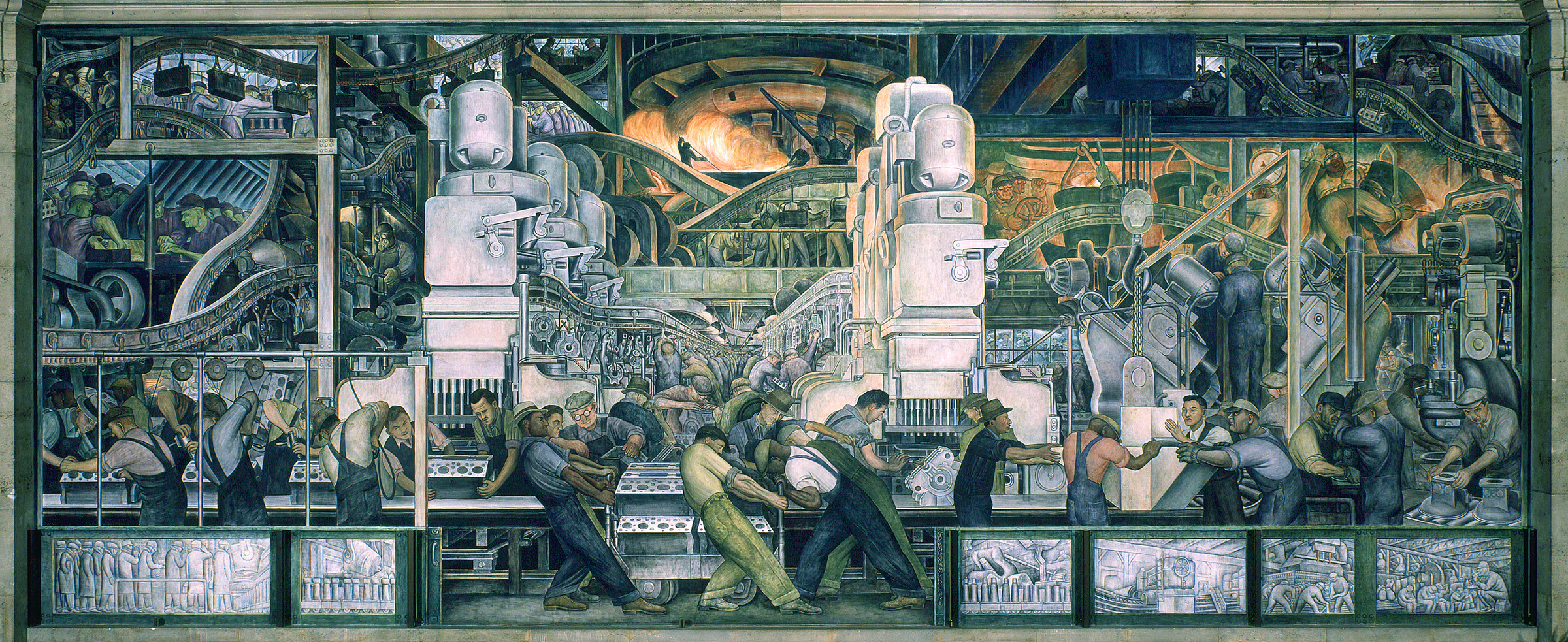
Imagine you have a pin factory. A very simple business, you have humans and machines working together to produce pins. Your goal is to produce as much as you can within a day. Your factory needs the best workspace setup because the business depends on how productive your factory is. If your machines are slow, you may produce half of what your competitor can produce in a day, which means, price competition will beat you up soon.
Your factory has to compete to survive; how would you produce more pins ? You can;
- Tweak the machines in your factory, make them work faster.
- Double the workhours; serve breakfast and dinner.
Now think about yourself as a hacker, how your employer tweaks the productivity in your "factory" ? I worked for bunch of startups in Silicon Valley, and observed that almost all businesses use Apple products, which aren't known for good focus, speed or productivity (anymore).
Despite Apple and Microsoft products are quite buggy and often interrupt our work, we still use them as the culture in tech startups shifted from succeeding by building great tools to: workaholism.
Consumerism and Productivity
Today's workaholism culture is directly connected to consumerism. When I say machine, I mean a product. A Macbook for example, is a machine very popular in tech startups. It's the only tool many engineers use to build things, and it's a kind of machine even its owner can not change some settings.
In 2017, machines themselves decide how productive they want to be, machines decide how generous they should be on letting you tweak them. No matter what your title is, as long as you are a consumer, machines rule you. Many engineers in these days work 70 hours per week without getting paid for the extra hours, wearing a motivation t-shirt “Eat Sleep Work” text on it. Even in the center of the tech innovation, most engineers tend to hope that Apple will hear tweet and fix their system, instead of switching to a system where they can own and tweak unlimitedly.
400 Years ago, philosophers predicted a future where machines do all the work and humans enjoy the life by walking in parks, fishing in nearby lakes. We evolved from this optimistic vision to a workaholic culture where everyone is busy the whole time, and our biggest dream is to work remotely from a beach.
Workaholism wastes people's time, slows down the innovation. It's a poor vision of productivity and success.
As software engineers, it's a great investment for us to spend some extra time for owning our tools 100%. Our vision should be tweaking tools and machines until they got the best interfaces working fastest possible with no interruption. I believe software engineers should get themselves out of the consumerist cycle and surround themselves with free tools which can be improved collaboratively, so we do our work faster and also start innovating the desktop systems for the profit of people.
Happy Hacking Linux
With this motivation, I created Happy Hacking Linux; a new Linux distro that combines the best developer setup, so you can turn even an old desktop computer into blazing fast desktop that is designed for building software.

It’s based on Arch Linux which has a great community, a package system with over 70.000 up-to-date packages available. On top of that, you get a tiling window manager and all other desktop elements ready to use. Installation will get your dotfiles linked automatically, setup users, fonts, and the best programs for common tasks…
And you don’t even need a fancy hardware for this. I recycled an old desktop computer and turned into my development workspace within 30 minutes, and already built bunch of stuff in a few days. Even though it’s an old computer, it works faster and I get stuff faster than what I can in an OSX, because it’s tweaked to get the exact job done the most efficient way possible.
Happy Hacking Linux aims to be long-lasting, it comes with lightweight programs that don't get slower by time. Your computer will work like an old-school Casio watch; it will last for long time and won't stop working randomly because it'll be running a system that aims to help people, not to turn people to consumers.
Check it out, give it a try, and let me know how it goes.
